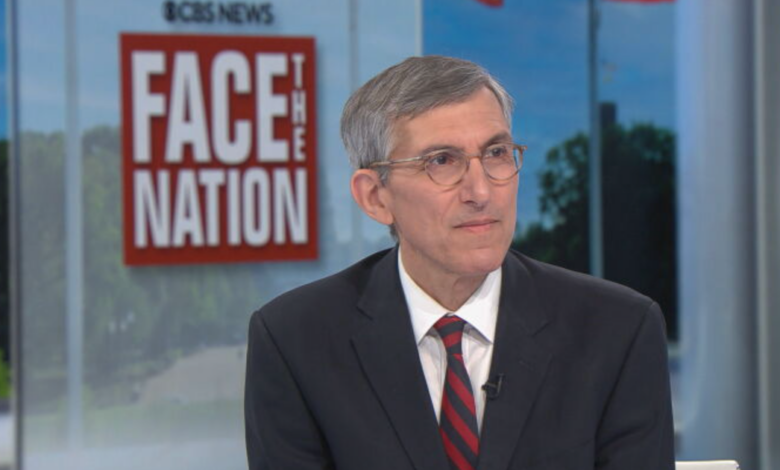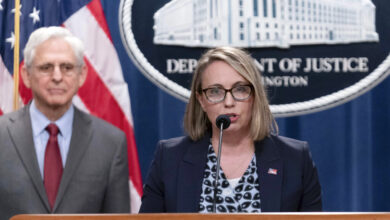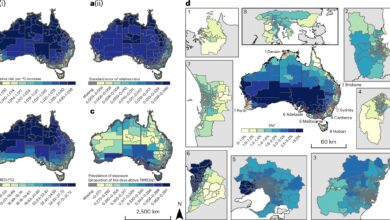Former top health official criticizes RFK Jr. for downplaying measles deaths

The recent comments made by former top vaccines official at the Food and Drug Administration, Dr. Peter Marks, regarding Health and Human Services Secretary Robert F. Kennedy Jr.’s stance on measles deaths in unvaccinated children have sparked controversy. In an interview on “Face the Nation with Margaret Brennan,” Dr. Marks criticized Kennedy for downplaying the severity of measles outbreaks, particularly in light of the recent deaths of unvaccinated children in Texas.
The ongoing measles outbreak in the United States has reached record levels, with weekly cases on the rise. Despite this, Kennedy has been dismissive of the importance of vaccination, citing only three deaths from measles in the past 20 years. Dr. Marks, however, emphasized that even one death from a preventable disease like measles is unacceptable.
Dr. Marks also took issue with Kennedy’s comparison of U.S. measles case numbers to Europe, pointing out that Europe includes countries with less robust public health efforts. He stressed the need to focus on the success of vaccination efforts in the U.S. and the importance of preventing any deaths from measles.
Before his departure from the FDA, Dr. Marks played a key role in the Operation Warp Speed initiative to accelerate the development of COVID-19 vaccines. He expressed concern about the challenges faced by his former colleagues in endorsing vaccines, especially in the current environment.
Following Dr. Marks’ resignation, Kennedy implemented significant layoffs and forced resignations at the FDA, leading to a restructuring of the nation’s health agencies. This has put pressure on federal health officials to prioritize limited resources, including food and drug safety inspections.
Dr. Marks commended the remaining staff at the FDA for their dedication to public health, despite the challenges they face. He also raised concerns about delays in the approval process for the Novavax COVID-19 vaccine and warned that his departure could signal a shift in the agency’s approach to vaccines.
In response to Kennedy’s efforts to reopen research into the debunked theory that vaccines cause autism, Dr. Marks criticized the use of pseudoscience to support such claims. He highlighted the dangers of promoting unfounded theories and expressed skepticism about the motives behind these efforts.
Overall, Dr. Marks’ comments shed light on the critical importance of vaccination in preventing infectious diseases and protecting public health. His concerns about the impact of misinformation and pseudoscience on vaccine acceptance highlight the ongoing challenges faced by public health officials in promoting vaccination efforts.





